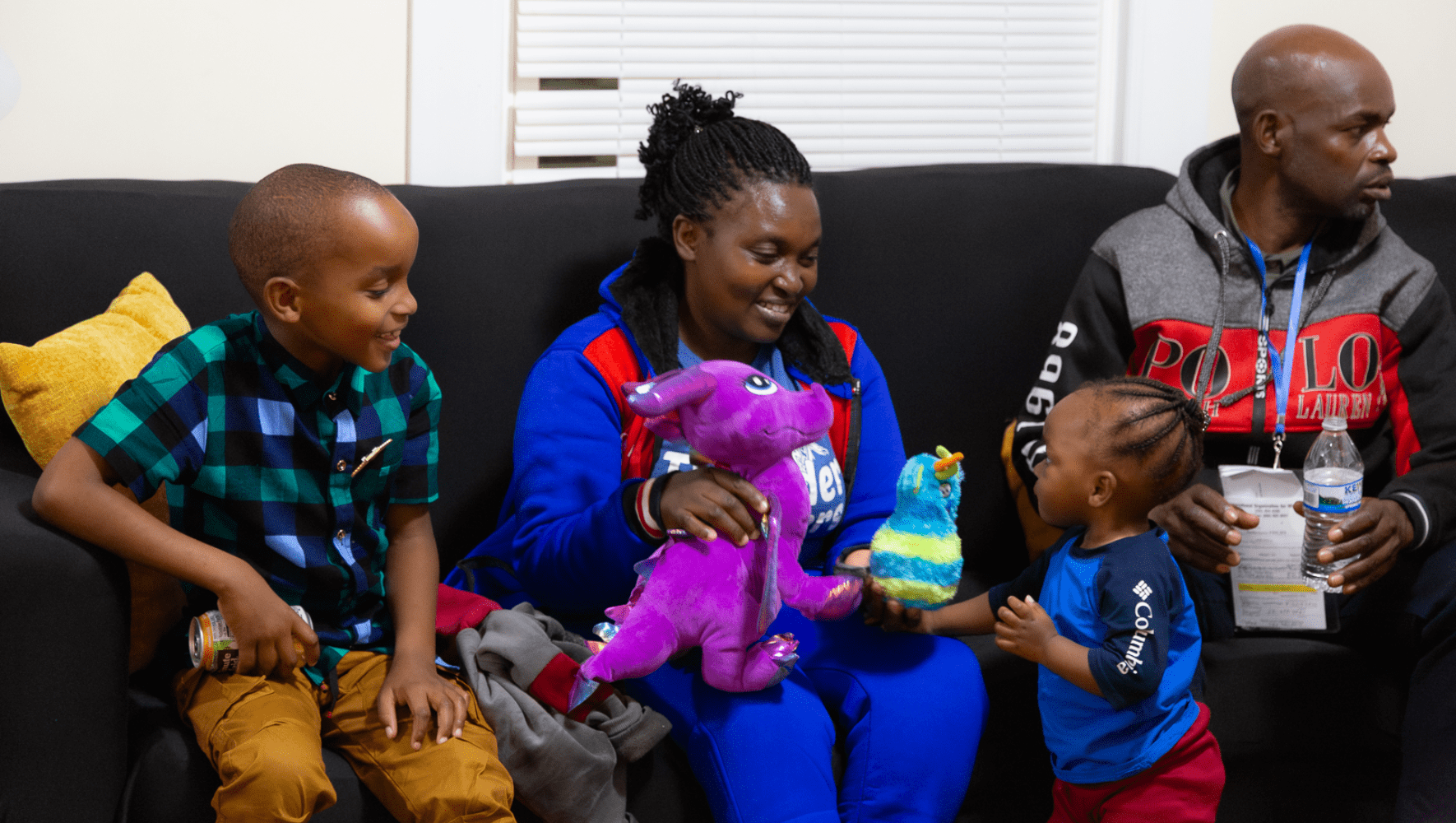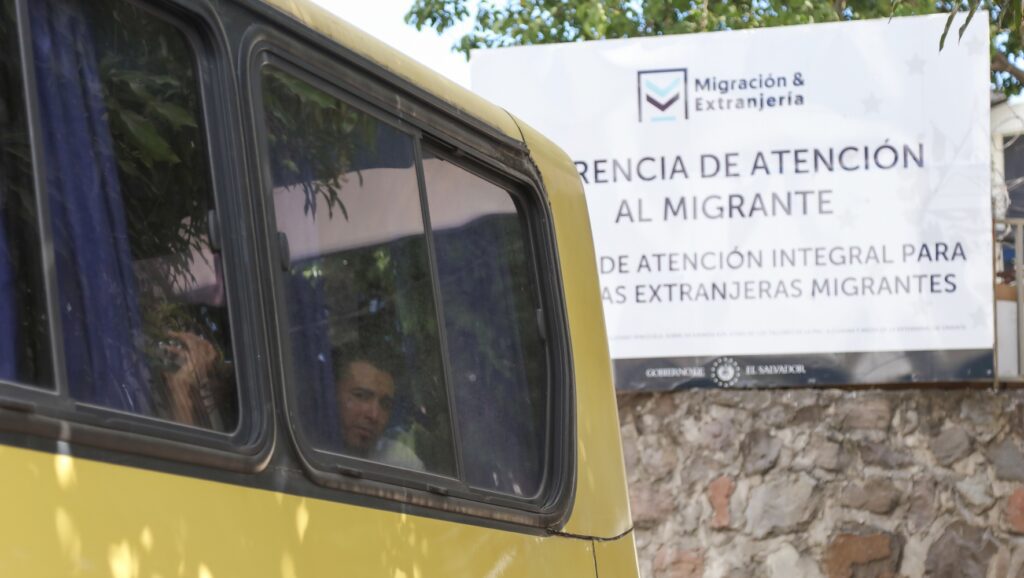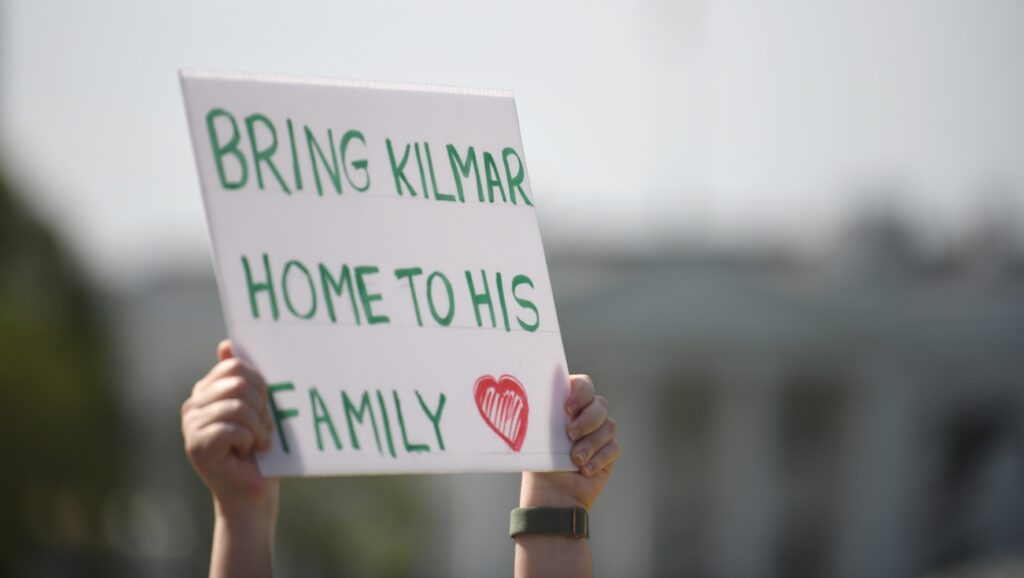
The op-ed below, by Beth Oppenheim, CEO of HIAS, Richard Santos, president and CEO of Church World Service, and Myal Greene, president and CEO of World Relief, originally ran on October 30, 2025, in Religion News Service. To view the original piece on religionews.com, click here.
(RNS) — Over 45 years ago, our organizations — Church World Service, HIAS and World Relief — joined with the United States government, other aid agencies and communities across the country to build what became a model of humanitarian leadership, the U.S. Refugee Admissions Program. Through Democratic and Republican administrations, this unique public-private partnership has welcomed millions of refugees, saved countless lives, transformed the stories of generations of families, strengthened American communities and played an important role in U.S. foreign policy.
But today, much has changed. The Trump administration announced a plan on refugee resettlement for fiscal 2026 that sets a record-low admissions target of just 7,500 and reserves those slots primarily for white South Africans. We are seeing our shared creation of hope and welcome devolve into one defined by exclusion.
The administration will radically overhaul who is admitted through the USRAP in ways that betray both the program’s basic humanitarian principles and the vulnerable refugees it was founded to serve. The administration’s blueprint would essentially render the resettlement program unrecognizable by prioritizing spots for applicants such as Afrikaners, while all but abandoning the vulnerable populations our country has long pledged to protect — including persecuted religious minorities, those displaced by the destruction of war and Afghans targeted by the Taliban for aiding Americans.
Equally egregious, the administration could allocate zero spaces for refugees from some of the world’s largest displacement crises —those fleeing Sudan, Congo, Myanmar, Afghanistan and elsewhere — including thousands of already vetted and approved refugees who have been left in limbo since the program was abruptly suspended in January. These are not hypothetical cases — they are real people with real names, families and fears of persecution. Turning our backs on them is a moral failure.
While we come from different faith traditions, we are united in our distress over what is happening to the refugee program. Organizations like ours work in and with communities across the country who practice their faith by living out the value of welcoming the stranger. Through our work, we see this clear faith-driven commitment to those most at risk, and the ways in which communities across the country embrace it. The priorities of the administration will undermine a program we’ve helped to uphold for more than four decades and violate the core moral and legal principles upon which it was founded.
Our work as faith-based organizations is grounded in the belief that every person bears the image of God and deserves dignity, safety and compassion. With these values in mind, we urge the administration to change course. The refugee program has been one of the most successful humanitarian initiatives in our nation’s history, benefiting not only those seeking refuge, but also the Americans welcoming them.
We are ready to work across the political spectrum toward this goal. There is still time to preserve this country’s proud legacy of protecting those in harm’s way, to honor our commitment to refugees already approved for resettlement and to make real God’s call to welcome the stranger.


